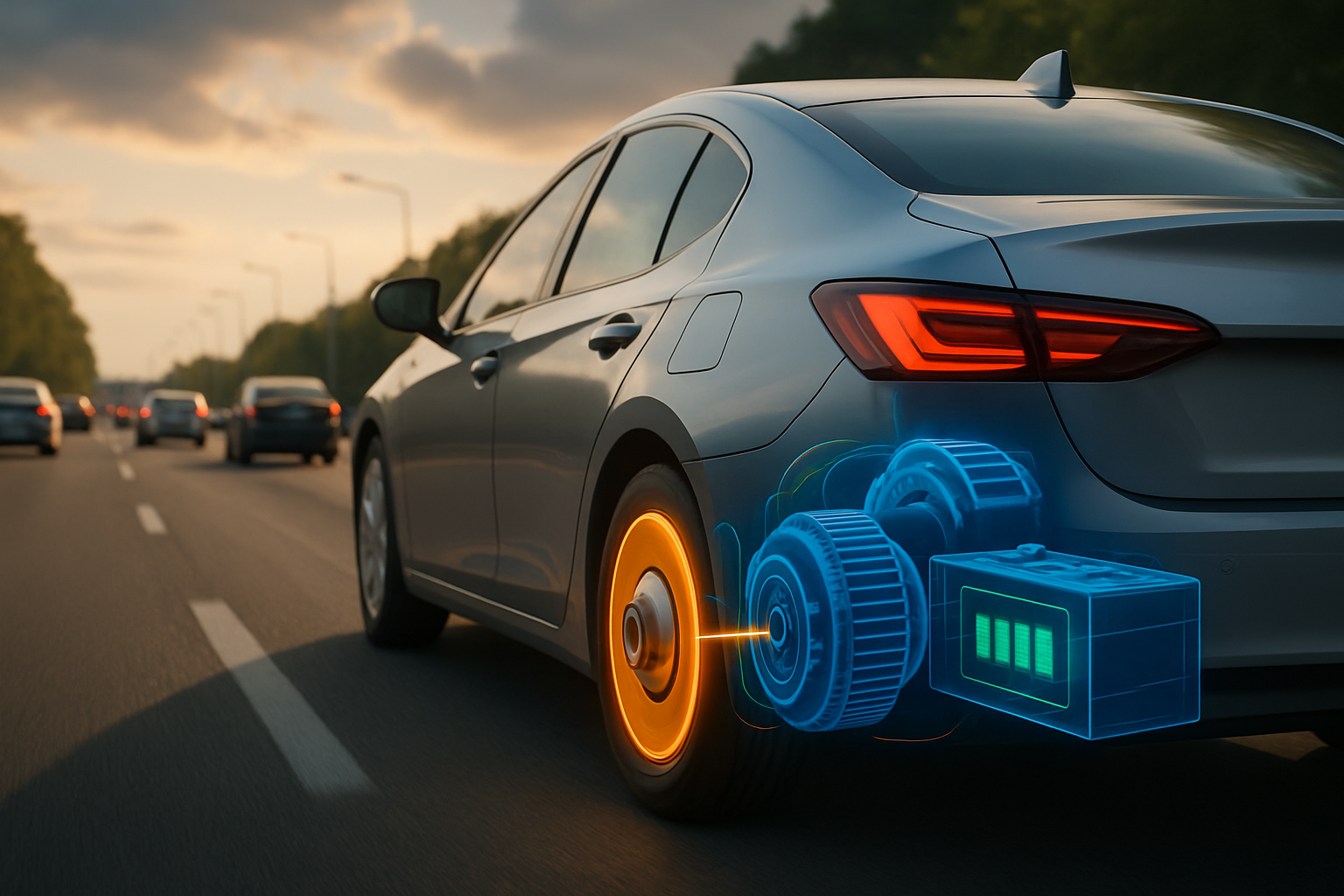Explore the Future of Transportation: E-Cars Are the Smart Choice
In recent years, electric vehicles have become more than just a trend—they represent a revolution in the way we drive, commute, and care for our planet. From sleek designs to cutting-edge technology, electric automobiles are reshaping the global automotive industry. Whether you're a tech-savvy driver looking for the best electric cars for sale or simply exploring types of electric vehicles, there's never been a better time to consider making the switch to an electric vehicle.

Why Choose Electric Cars? The Benefits of Going Electric
The advantages of electric vehicles extend far beyond environmental benefits. EVs offer instant torque delivery, resulting in smoother acceleration and a more responsive driving experience. They require less maintenance than traditional vehicles, with fewer moving parts and no oil changes. Additionally, the latest models provide impressive ranges, often exceeding 300 miles on a single charge, addressing previous range anxiety concerns.
Popular Electric Cars in the USA
The American market offers diverse electric vehicle options to suit various needs and budgets. Tesla continues to dominate with its Model 3 and Model Y, while established manufacturers like Ford, Chevrolet, and Hyundai have introduced compelling alternatives. The Ford Mustang Mach-E, Chevrolet Bolt EUV, and Hyundai IONIQ 5 demonstrate how traditional automakers are embracing electric technology while maintaining their brand identity.
The Technology Behind Electric Vehicles
At the heart of every electric car lies advanced battery technology, typically utilizing lithium-ion cells similar to those in smartphones but on a much larger scale. Modern EVs incorporate sophisticated power management systems, regenerative braking, and smart charging capabilities. These technologies work together to maximize efficiency and performance while minimizing energy consumption.
Designing the Future with E-Cars
Electric vehicle design prioritizes aerodynamics and space efficiency, often resulting in unique aesthetics and innovative interior layouts. Without the need for a traditional engine compartment, designers can create more spacious cabins and storage areas. Features like over-the-air updates and autonomous driving capabilities showcase how EVs are leading automotive innovation.
The Economics of Electric Cars
| Vehicle Model | Starting Price | Est. Annual Fuel Savings |
|---|---|---|
| Tesla Model 3 | $40,240 | $900 |
| Ford Mustang Mach-E | $45,995 | $800 |
| Chevrolet Bolt EUV | $27,800 | $950 |
| Hyundai IONIQ 5 | $41,450 | $850 |
Prices, rates, or cost estimates mentioned in this article are based on the latest available information but may change over time. Independent research is advised before making financial decisions.
While the initial purchase price of electric vehicles typically exceeds that of comparable gas-powered cars, the total cost of ownership often proves more favorable. Owners benefit from lower fuel costs, reduced maintenance expenses, and potential tax incentives. Federal tax credits up to $7,500, combined with state-level incentives, can significantly reduce the purchase price.
The transition to electric vehicles represents more than an environmental choice—it’s an investment in cutting-edge technology, superior performance, and long-term cost savings. As charging infrastructure expands and battery technology advances, electric cars continue to become an increasingly practical and appealing option for modern drivers. Their growing popularity signals a fundamental shift in how we approach personal transportation, pointing toward a cleaner, more sustainable future of mobility.




